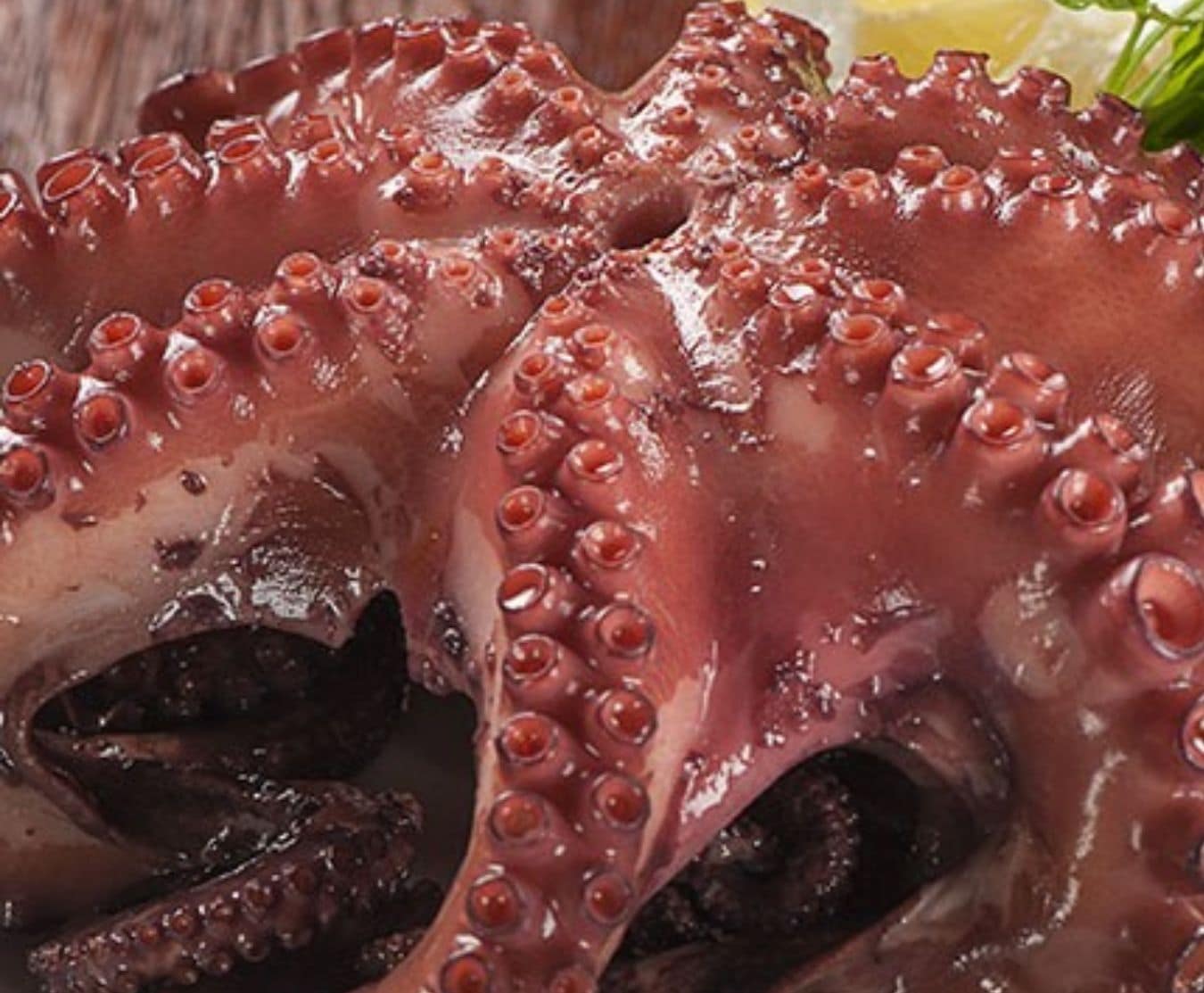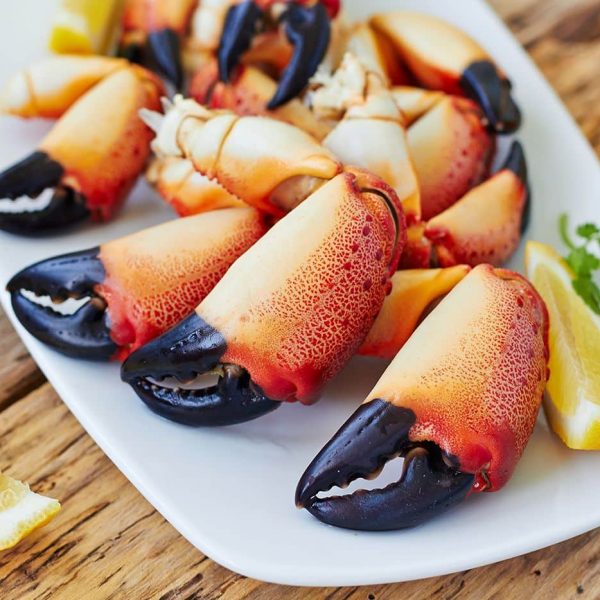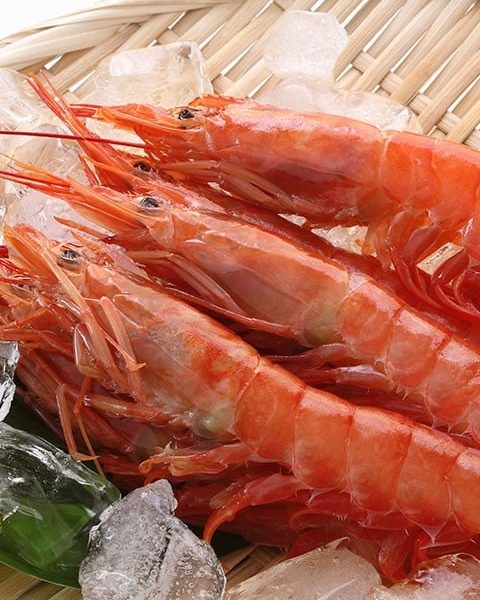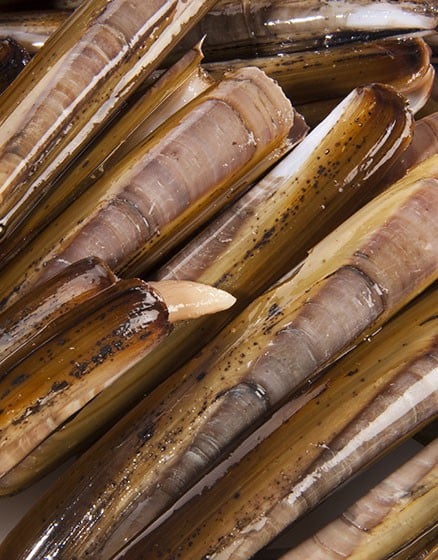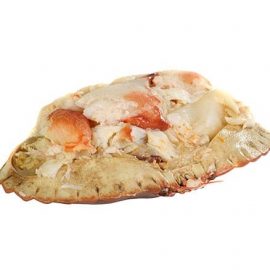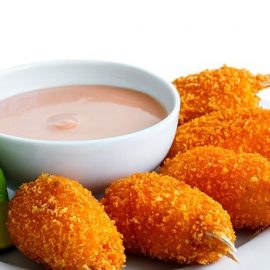The advantage of eating octopus is that it is high in protein and low in calories. If you’re looking for a hearty, low-fat dinner, octopus is a terrific option. Octopus consumption can also aid to promote cardiovascular health by lowering cholesterol levels in the body.
A huge frozen entire octopus weighs between 2kg and 2.5kg. Around 300 octopus species have been identified, accounting for more than a third of all known cephalopod species. These have been stripped of their contents.
Octopus has a meaty mouthfeel, which is owing to its many muscles, making it more like eating a piece of steak than chicken. The octopus can be cooked in a variety of methods, including frying, skewering, or boiling.
Serve with an aromatic Sauvignon Blanc white wine from New Zealand or a strong Cabernet Sauvignon red wine paired with Octopus.
Octopus flesh is versatile and may be used in a variety of cuisines, including Quinoa Balls. Quinoa balls are produced by blending quinoa (a seed related to spinach and beets) with various ingredients, resulting in a vibrant and exciting dish to look at.
